Researchers have long understood that the brain plays a crucial role in processing and interpreting the world around us, including the sounds we hear. However, a recent series of experiments and discoveries has shed new light on the complex process by which our brains build our world of sound. According to psychologist Diana Deutsch, who first stumbled upon the phenomenon in the 1970s, our brains do not receive a direct, real-time feed of sound from our ears. Instead, they edit and construct our perception of the world based on their best guess.
Deutsch's discovery, known as the Octave Illusion, demonstrated that our brains can be tricked into perceiving sounds in a way that is not actually present in the physical world. This illusion, which can be experienced by listening to a specific audio clip, highlights the brain's ability to fill in gaps and make educated guesses about the world around us. "It seemed to me that I had entered another universe or I had gone crazy or something...the world had just turned upside down!" Deutsch recalled of her initial experience with the illusion.
Professor Dan Polley, a neuroscientist at Harvard Medical School, explains that this process is a fundamental aspect of how our brains work. "Because the brain doesn't have direct contact with the physical world, everything that we perceive as consciousness is constructed from the activity of the brain," he said. This means that our perception of reality is not a direct reflection of the world around us, but rather a complex interpretation of sensory data.
The implications of this discovery are far-reaching and have significant implications for our understanding of perception, cognition, and the human experience. For instance, it highlights the importance of considering the role of the brain in shaping our perception of reality, and challenges the long-held assumption that our senses provide an objective, direct feed of information about the world.
In recent years, researchers have made significant progress in understanding the neural mechanisms underlying sound processing and perception. For example, studies have shown that the brain's auditory cortex is capable of reorganizing itself in response to changes in sound patterns, and that this reorganization can lead to improved sound recognition and processing abilities.
As researchers continue to explore the complexities of sound processing and perception, they are also developing new technologies and treatments that can help individuals with hearing impairments or other auditory disorders. For example, researchers have developed new sound processing algorithms that can help individuals with hearing loss to better understand speech and other sounds.
In conclusion, the discovery of the Octave Illusion and the subsequent research into sound processing and perception have significantly advanced our understanding of how the brain builds our world of sound. As researchers continue to explore the complexities of this process, they are uncovering new insights into the neural mechanisms underlying perception and cognition, and developing new technologies and treatments that can improve the lives of individuals with hearing impairments and other auditory disorders.




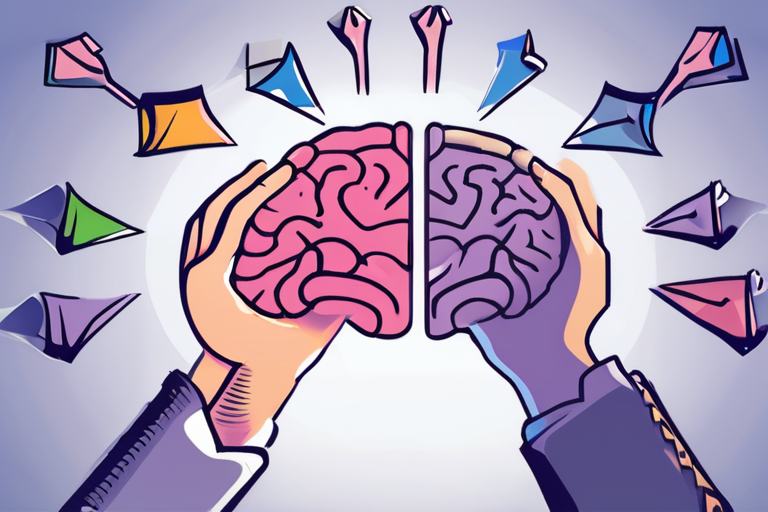


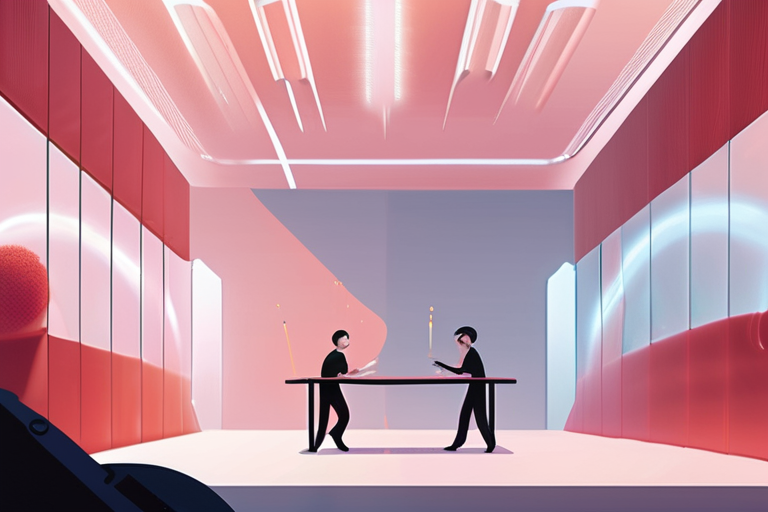


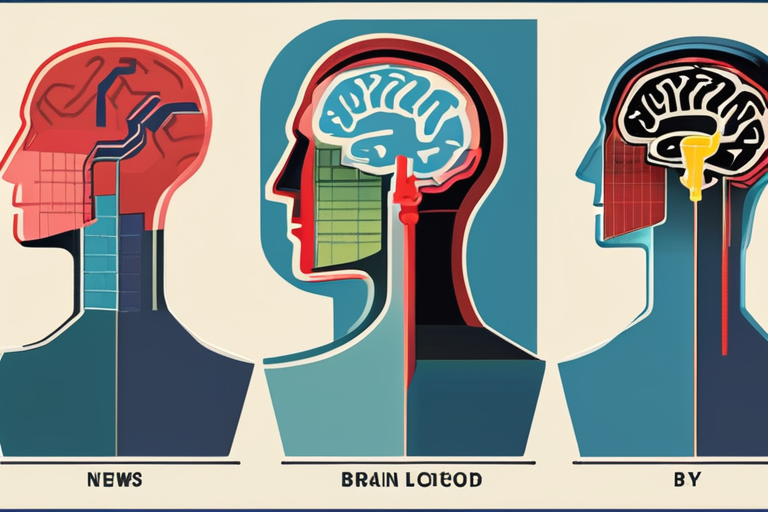


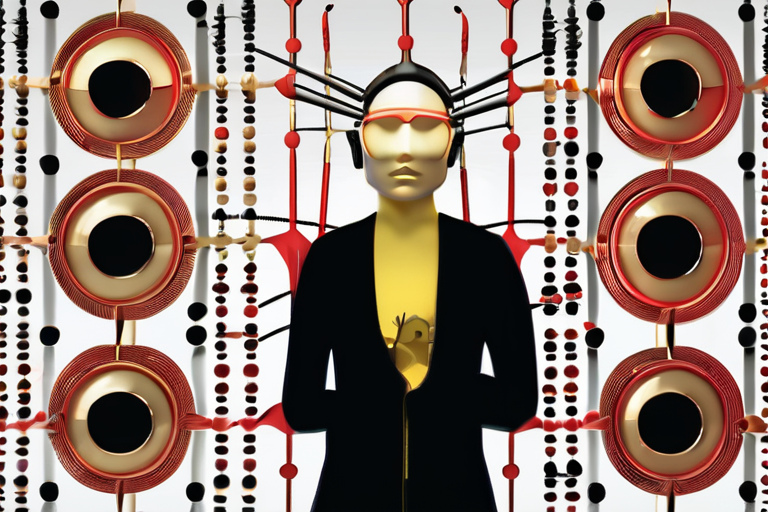
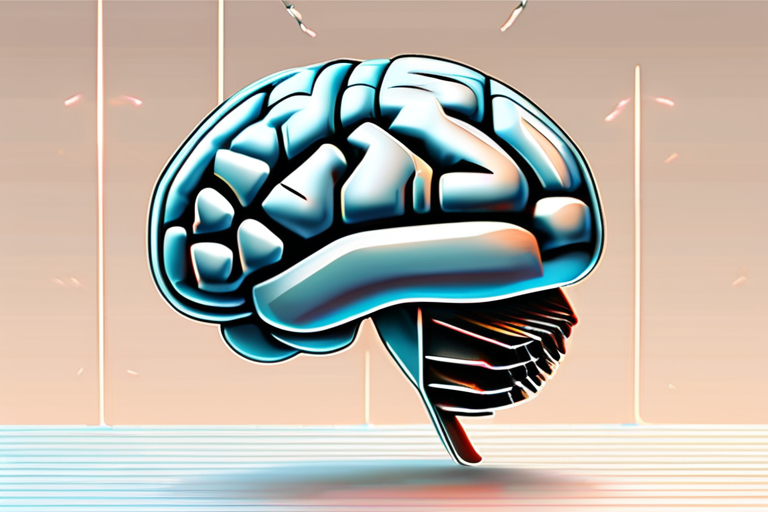

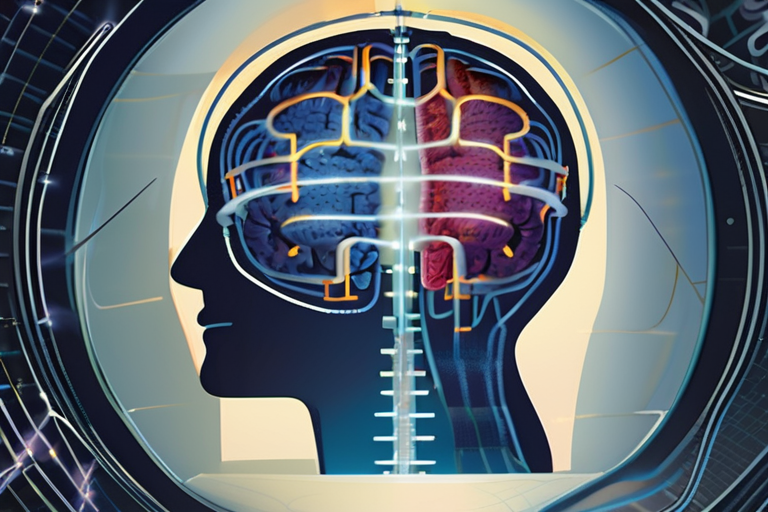





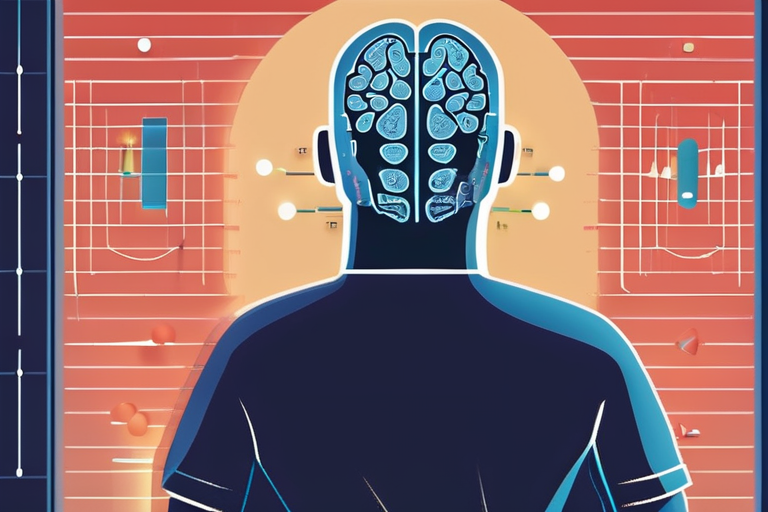



Share & Engage Share
Share this article